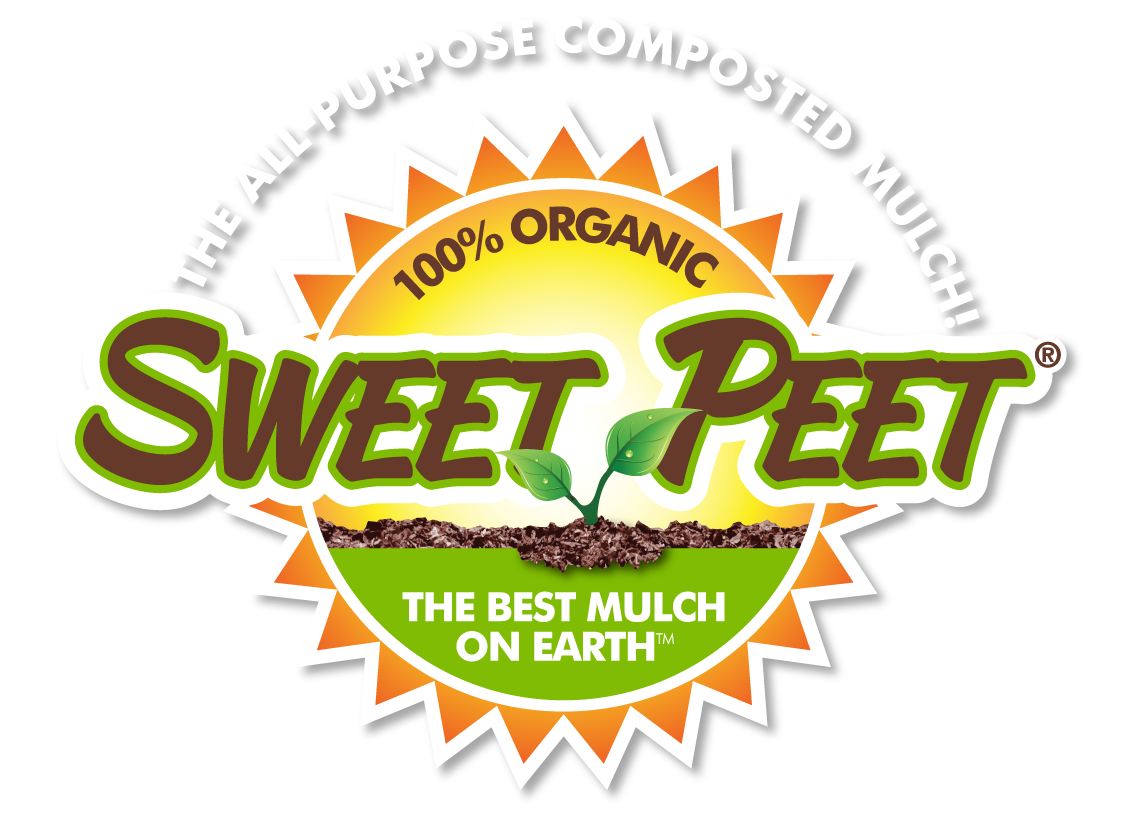City Mulch: Is Free Mulch Safe for Your Garden?
Many cities offer residents free mulch, and on the surface, it seems like a great deal. Why pay for mulch when you can get it for nothing?
But here’s the real question: does free mulch mean it’s good mulch?
In many cases, city mulch may contain hidden surprises that could harm your soil, your plants, and even your investment in landscaping.
Where Does City Mulch Come From?
Most city mulch comes from chipped-up trees, grass clippings, and leaves collected from around town. While that may sound natural enough, these sources can carry unwanted extras — from fertilizers and pesticides to herbicides and other lawn chemicals.
What’s in It?
If a tree is diseased, the city often removes it and grinds it into mulch. Unfortunately, many harmful organisms survive the composting process and can remain active for a year or more. That means mulch made from diseased trees could introduce pathogens directly into your soil.
Add in the potential for toxic lawn chemicals from grass clippings and leaves, and suddenly “free” mulch doesn’t seem like such a bargain.
The Risks of City Mulch
Spreading city mulch in your garden can lead to:
Diseases being transferred to otherwise healthy plants.
Toxins seeping into your soil and upsetting its delicate balance.
Crop contamination if used in vegetable beds or edible landscapes.
Weed seeds that may not have been destroyed during composting.
Over time, these risks can lead to stunted growth, plant loss, and frustration — not to mention wasted money and effort.
The Better Alternative
For soil health and peace of mind, choose an organic mulch you can trust. Sweet Peet® is pH-balanced, safe, and nutrient-rich. It not only suppresses weeds and retains moisture but also breaks down into organic matter that feeds your soil naturally. Unlike city mulch, Sweet Peet® is free from chemical contamination and disease-carrying debris, making it safe for vegetable gardens, flower beds, and landscapes alike.
If You Still Want to Use City Mulch
If you’re determined to take advantage of city mulch, at minimum:
Learn what composting process your city uses.
Avoid using it in edible gardens.
Test it first in non-critical areas rather than across your entire landscape.
Safe, Healthy Mulch for Your Garden
In the long run, investing in high-quality, organic mulch like Sweet Peet® saves time, money, and frustration. You’ll get healthier plants, richer soil, and peace of mind knowing your garden is free from hidden risks.
Looking for Sweet Peet® near you? Find a retailer here.
